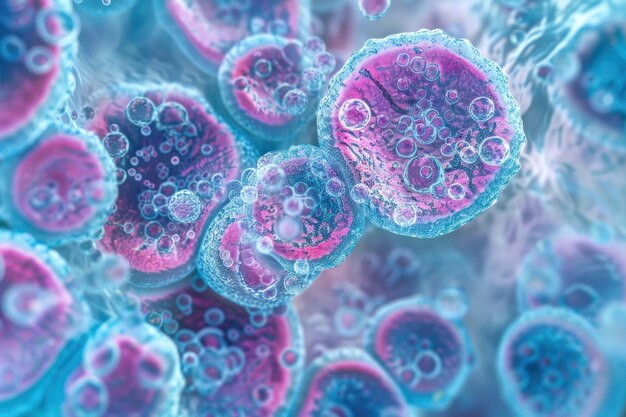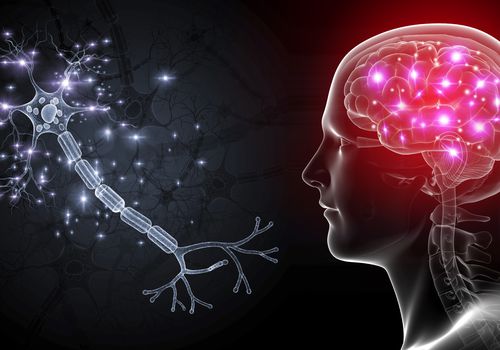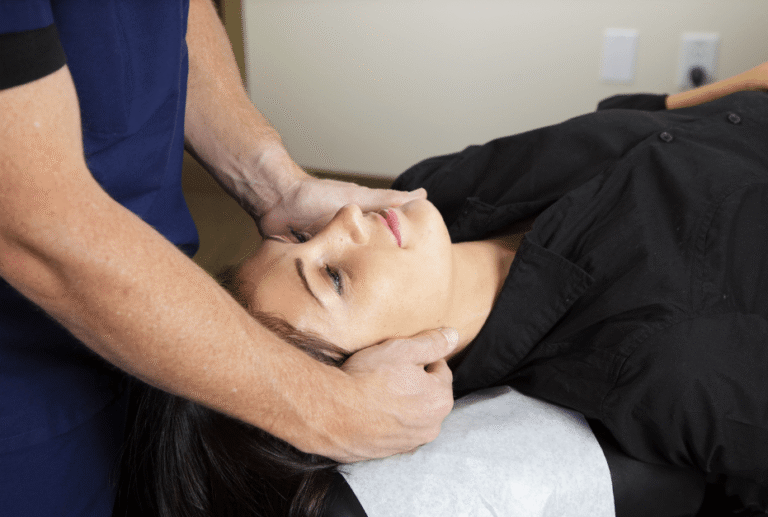
Cytokines, Sleep, and Concussion Recovery in Kansas City
Sleep is one of the most important factors in brain healing after a concussion, but many people in Kansas City experience sleep disturbances that slow their recovery. One of the key reasons for these problems is inflammation, driven by immune system proteins called cytokines. Understanding the link between cytokines, sleep quality, and concussion recovery can help patients and families make better decisions about their care.
What Are Cytokines and Why Do They Matter in Concussion Recovery?
Cytokines are proteins that act as messengers for the body’s immune system. After a concussion or traumatic brain injury, the brain releases cytokines to help repair damaged tissue and fight off further harm. While this inflammatory response is a normal part of healing, excessive or prolonged inflammation can interfere with the brain’s ability to recover and may directly impact sleep patterns.
How Cytokines Disrupt Sleep After Concussion
Cytokines have a powerful influence on sleep quality. After a concussion, changes in cytokine levels can cause:
- Increased fatigue and daytime sleepiness, making it difficult to stay alert
- Disrupted sleep architecture, meaning the normal cycles of deep sleep and REM sleep are interrupted
- Fragmented sleep, with frequent awakenings or difficulty staying asleep
- Higher risk for sleep disorders such as insomnia or sleep apnea, which are common in concussion patients
These sleep disturbances can make recovery much harder and may lead to persistent symptoms such as headaches, memory problems, and trouble concentrating.
Why Sleep Is Essential for Brain Healing
During sleep, the brain performs vital functions that support healing after injury. Quality sleep helps:
- Clear out toxins and metabolic waste from brain cells
- Repair damaged neurons and tissue
- Consolidate memories and improve cognitive function
- Regulate mood and emotional health
Without enough restorative sleep, concussion symptoms can last longer, and the risk of developing post-concussion syndrome increases.

Practical Tips for Kansas City Patients
Tracking sleep quality and symptoms in a journal can help your provider adjust your treatment plan. Keeping records is also useful for accessing additional resources or support during recovery. Many concussion experts recommend simple lifestyle changes, like creating a calming bedtime routine and avoiding caffeine late in the day, to improve sleep quality.
Moving Forward With Brain Health
Restoring sleep quality is crucial for concussion recovery. If you or someone you care about is experiencing sleep problems after a head injury, early intervention can make a significant difference. Keystone Medical Group is dedicated to helping Kansas City patients understand and manage the connection between inflammation, sleep, and brain healing.
Disclaimer
This blog is for informational purposes only and does not replace medical advice. If you have experienced a concussion or other injury, please consult a qualified healthcare provider.










